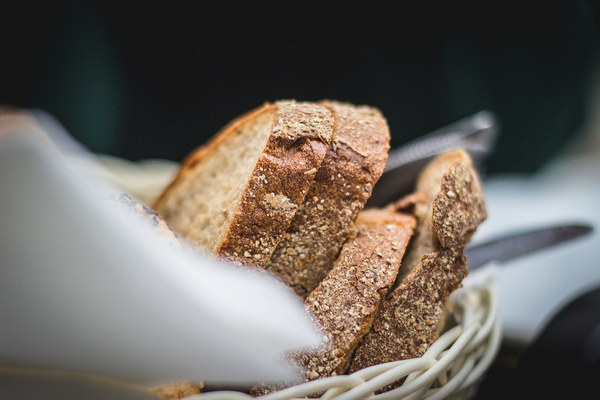Maximizing Reinforcement The Best Practices for Complementing Heart Yang Deficiency
Introduction:
Heart Yang Deficiency is a common condition in traditional Chinese medicine, where the heart's Yang energy is weakened, leading to symptoms such as fatigue, palpitations, and cold limbs. In this article, we will explore the best practices for complementing Heart Yang Deficiency to restore balance and improve overall well-being.

1. Dietary Recommendations:
A balanced diet is crucial in reinforcing Heart Yang. The following foods are beneficial:
a. Warm and Energizing Foods: Incorporate foods that generate warmth and energy into your diet, such as ginger, cinnamon, and black sesame seeds. These foods can help boost your body's Yang energy.
b. Nutritious Foods: Consume nutrient-rich foods such as meat, fish, eggs, and dairy products, which are essential for replenishing the body's energy.
c. Heart-Friendly Foods: Eat foods that are beneficial for the heart, such as dates, goji berries, and hawthorn berries. These can help improve cardiovascular health and alleviate symptoms of Heart Yang Deficiency.
d. Limit Cooling Foods: Avoid cold, raw, and icy foods, as they can further weaken your Heart Yang. Foods such as cold beverages, ice cream, and raw fruits and vegetables should be consumed in moderation.
2. Herbs and Supplements:
Herbal remedies can provide additional support for Heart Yang Deficiency. Some commonly used herbs include:
a. Astragalus (Astragalus membranaceus): Known for its immune-boosting and energy-boosting properties, astragalus can help reinforce the body's Yang energy.
b. Codonopsis (Codonopsis pilosula): Codonopsis is a traditional Chinese herb that can enhance energy and improve overall well-being, particularly in cases of Heart Yang Deficiency.
c. American ginseng (Panax quinquefolius): American ginseng is a adaptogenic herb that can help balance the body's energy and improve physical and mental fatigue.
3. Acupuncture and Traditional Chinese Medicine (TCM) Treatments:
Acupuncture and TCM treatments can be highly effective in addressing Heart Yang Deficiency. These treatments focus on balancing the body's Yin and Yang energies, promoting healing, and alleviating symptoms.
a. Acupuncture: Acupuncture needles are inserted at specific points on the body to stimulate the flow of Qi (vital energy) and restore balance. Acupuncture can help alleviate palpitations, fatigue, and other symptoms associated with Heart Yang Deficiency.
b. Chinese herbal medicine: TCM practitioners may prescribe customized herbal formulas tailored to your specific condition, which can help reinforce your Heart Yang and improve overall health.
4. Lifestyle Adjustments:
Adopting a healthy lifestyle can greatly benefit individuals with Heart Yang Deficiency. Here are some tips:
a. Regular Exercise: Engage in moderate-intensity exercises, such as walking, jogging, or cycling, to enhance your body's energy and cardiovascular health.
b. Adequate Sleep: Ensure you get enough quality sleep to allow your body to rest and regenerate. Aim for 7-9 hours of sleep per night.
c. Stress Management: Practice stress-reducing techniques, such as meditation, yoga, or deep breathing exercises, to maintain a healthy emotional state and support your Heart Yang.
Conclusion:
Complementing Heart Yang Deficiency requires a holistic approach that includes dietary adjustments, herbal remedies, acupuncture, and lifestyle changes. By implementing these practices, you can restore balance, alleviate symptoms, and improve your overall well-being. Remember to consult with a healthcare professional before making any significant changes to your diet, exercise, or treatment plan.









